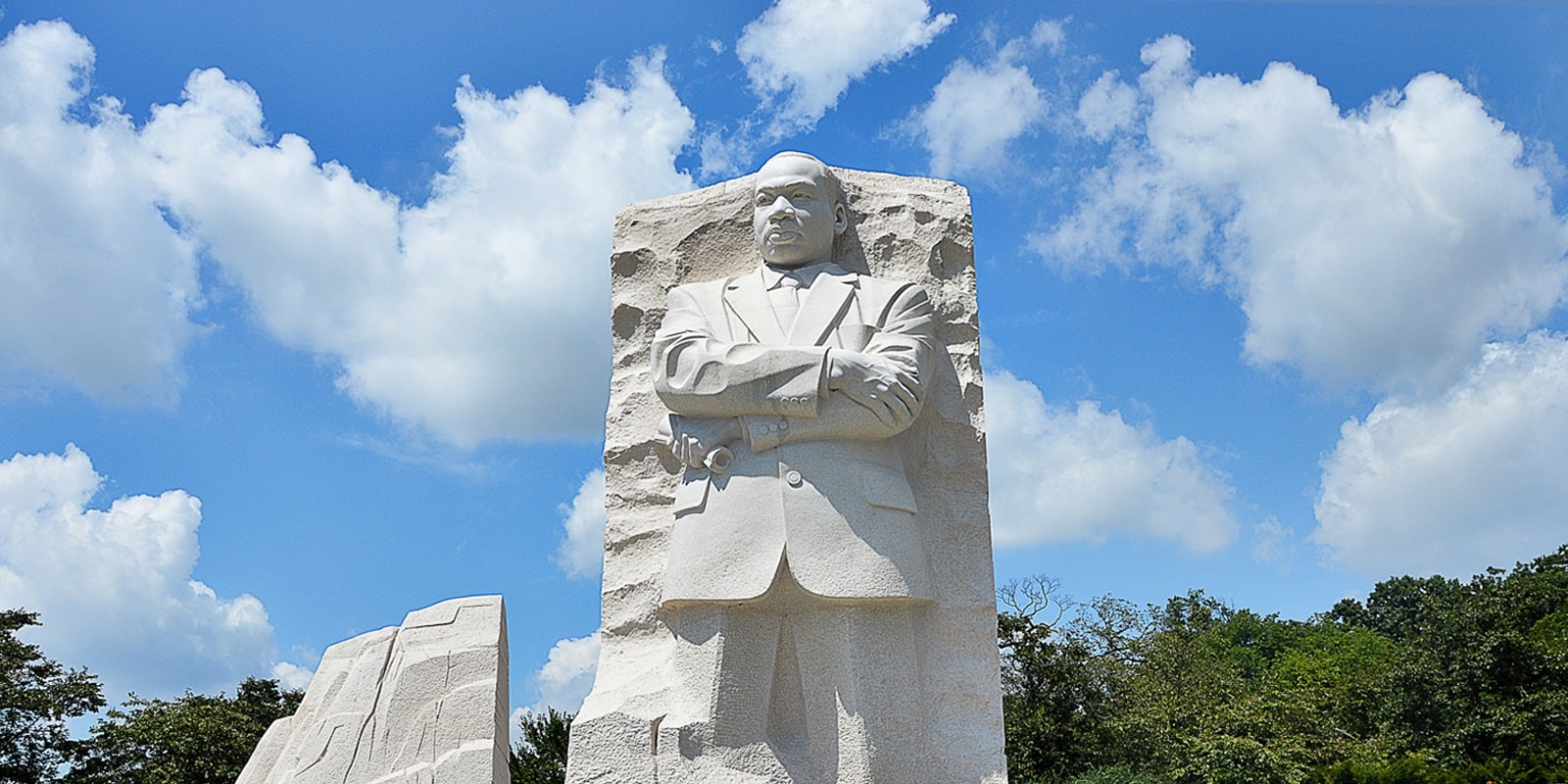


Last year, the film Conclave was a surprise hit, garnering 126 million dollars, receiving eight Oscar nominations, and winning the Oscar for Best Adapted Screenplay. It chronicles a fictional papal conclave after a pope’s death, and the film saw renewed interest and a 283 percent jump in viewership after Pope Francis’ death in April of this year.
The book and film have stirred controversy because of their portrayal of the Catholic church and for some of the unorthodox ideas presented. One important scene in the movie comes when the character Cardinal Lawrence delivers a speech commissioning his fellow cardinals in their task, and says the following:
My brothers and sisters, in the course of a long life in the service of our Mother the Church, let me tell you that the one sin I have come to fear more than any other is certainty. Certainty is the great enemy of unity. Certainty is the deadly enemy of tolerance. Even Christ was not certain at the end. He cried out in His agony at the ninth hour on the cross. “My God, my God, why have you forsaken me?” Our faith is a living thing precisely because it walks hand in hand with doubt. If there was only certainty, and if there was no doubt, there would be no mystery, and therefore no need for faith…. Let us pray that the Lord will grant us a Pope who doubts, and by his doubts continues to make the Catholic faith a living thing that may inspire the whole world.
I’ve heard it said that a half-truth taken as the whole truth becomes an untruth. The above statements put forward some “half-truths” that need further investigation.
I can agree with the need to affirm a place for mystery. However, is it irrational to believe that which is mysterious? Does believing in a mystery necessarily make you uncertain or full of doubt? The history of Christianity has shown us that is not the case.
Let’s look first at the case of Augustine (354-430 A.D.), who I wrote extensively about in my contributions to Classical Apologetics. For many years, Augustine was a follower of Manichaeism. It was a rather strange religion with a complex cosmology and a detailed set of practices. When he began to have doubts about this system of beliefs, he was told that there was a charismatic leader, Faustus, who would settle all his questions. When he met Faustus, he found him to be an able rhetorician, but he lacked the answers to Augustine’s questions. This precipitated a crisis of faith in his previous beliefs forcing him to reexamine what he believed and eventually leading to his coming to Christ.
Augustine thought that an authority was necessary to have a knowledge of ultimate things. But which authority was to be believed? Eventually he came to believe the Bible as that authority, which he articulates in The City of God, saying scripture “excels all the writings of all nations by its divine authority.” Once he found the right authority, he paraphrased Isaiah 7:9 saying, “Unless you believe, you will not understand.” To put it concisely—Augustine believed it was reasonable for faith to precede reason. Once we have a reason to trust the Bible, then we would be open for it to teach us some things that are mysterious (beyond our reason). In fact, if we believe in an infinite, yet personal God, we would expect there would be some things that are mysterious.
You could put it in a syllogism this way:
So what about doubt? Certainly, doubt is something that many people experience, and it must be addressed with compassion. Doubt can come from many sources. In Os Guinness’ book, Doubt: Faith In Two Minds, he has a chapter where he lays out seven kinds of doubt—only one of which is due to intellectual questions. Some doubts are from spiritual sources and others from emotional roots. Someone certainly can have faith in Christ and still experience doubt, but Cardinal Lawrence is wrong about doubt being good for our faith. It is better to have faith without doubt.
John Calvin said in his Institutes, “Now we shall possess a right definition of faith if we call it a firm and certain knowledge of God’s benevolence towards us, founded upon the truth of the freely given promise in Christ, both revealed to our minds and sealed upon our hearts through the Holy Spirit.” Scripture also attests to this, saying “you must believe and not doubt,” (Js. 1:6 NIV) and “faith is confidence in what we hope for and assurance about what we do not see” (Heb. 11:1 NIV).
Here is how we can know that we can have certainty. First, we have revelation from God in the Bible. It is infallible, inspired, and inerrant. This revelation helps us know numerous truths about God and reality that we could not know otherwise. Calvin in the Institutes uses the analogy of the Scriptures as eyeglasses or spectacles to help us see everything more clearly. Without the Bible, we have a distorted view of the world.
Second, we can and should affirm the basic clarity of Scripture. This is also called the perspicuity of Scripture. The Westminster Confession states,“…those things which are necessary to be known, believed, and observed for salvation are so clearly propounded and opened in some place of Scripture or other, that not only the learned, but the unlearned, in due use of the ordinary means may attain unto a sufficient understanding of them.” Indeed, many have even been led to faith in Jesus by reading the Bible without any external help.
Third, we can have assurance of our salvation by means of the Holy Spirit. Romans 8:16 tells us, “The Spirit himself bears witness with our spirit that we are children of God.” It is through this witness of the Spirit that we burst out with the cry, “Abba Father!” When we by the Holy Spirit acknowledge God as Father and as Lord, we can know (with certainty) that we are a child of God. Martin Luther summed this up, saying, “The Holy Spirit is not a Skeptic, nor are what he has written on our hearts doubts or opinions, but assertions more certain, and more firm, than life itself and all human experience.” His cry (in Latin), “Spiritus sanctus non est scepticus,”(“the Holy Spirit is not a skeptic”) is the cry of the Reformation.
Finally, in response to the claims in Conclave, we can say belief in mystery is not absurd or irrational. Doubt is an unfortunate reality in our lives, but doubt can be resolved intellectually, spiritually, and emotionally. We can come to a “firm faith.” The Scriptures provide spectacles clarifying our knowledge of God and the world. The fundamental saving message of the Bible is clear, so we can have a certainty of our salvation free of doubt.









No spam, stay up to date on new articles, resources and events!
Get notified about new articles from the Institute.